Alumni
| Name | Joined lab | Giraldez Lab position | Subsequent or current position | |
|---|---|---|---|---|
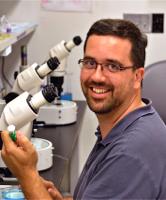
|
Daniel Cifuentes Buira, Ph.D. |
2006 | Postdoc | Associate Professor of Biochemistry at Boston University |
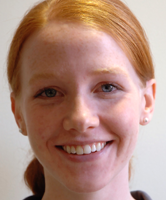
|
Alison Staton, Ph.D. |
2007 | Ph.D. student | Postdoc, Yale University |
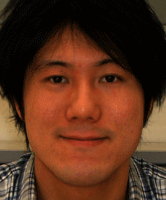
|
Yuichiro Mishima, Ph.D. |
2007 | Postdoc | Professor, Kyoto Sangyo University (Japan) |
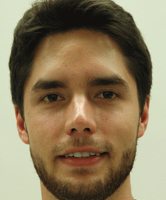
|
Carlos Stahlhut, Ph.D. |
2007 | Ph.D. student | Associate Director, BridgeBio Oncology |

|
Nicole Allard |
2007 | Research assistant | Research specialist, NC State University |
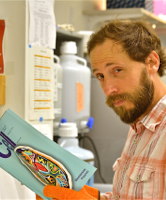
|
Carter Takacs, Ph.D. |
2008 | Postdoc | Assistant Professor, Quinnipiac University |
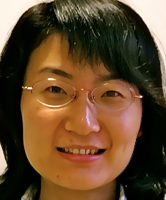
|
Huiling Xue, Ph.D. |
2009 | Postdoc | Assistant Professor, Shenyang Agricultural University (China) |
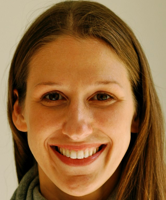
|
Heather Patnode |
2009 | Research Assistant | Veterinary Technician, Advanced Veterinary Care |
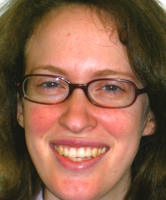
|
Ellen Hoffman M.D., Ph.D. |
2009 | Ph.D. Student | Associate Professor, Yale Child Study Center and the Yale Department of Neuroscience |
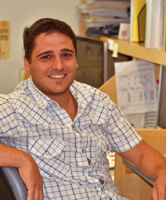
|
Ariel Bazzini, Ph.D. |
2010 | Postdoc | Associate Investigator at the Stowers Institute for Medical Research |
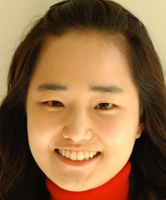
|
Minsun Jeong, Ph.D. |
2010 | Ph.D. student | Team Leader, CHEY Institute for Advanced Studies (Korea) |

|
Miler Lee, Ph.D. |
2011 | Postdoc | Associate Professor at the University of Pittsburgh |
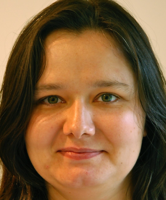
|
Magdalena Koziol, Ph.D. |
2011 | Postdoc | Principal Investigator, Chinese Institute for Brain Research |

|
Simon Moxon, Ph.D. |
2011 | Postdoc | Associate Professor, University of East Anglia |

|
Kate DiVito |
2012 | Post-graduate associate and Laboratory assistant | Assistant Research Professor, University of Connecticut |

|
Stephanie Lau |
2012 | Post-graduate associate | Postdoctoral Fellow, Regeneron |

|
Tim Johnstone, Ph.D. |
2012 | Ph.D. student | Senior Principal Computational Scientist & Cloud Architect, Shape Therapeutics |
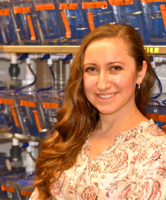
|
Valeria Yartseva, Ph.D. |
2012 | Ph.D. student | Director, Translational Biology at Kenai Therapeutics |
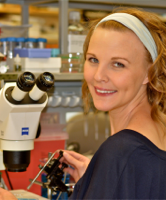
|
Ashley Bonneau, Ph.D. |
2012 | Ph.D. student | Postdoc, Whitehead Institute |

|
Elizabeth Fleming |
2012 | Lab manager | Research Lab Manager, The Jackson Laboratory |
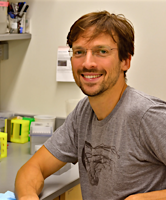
|
Marlon Stoeckius, Ph.D. |
2013 | Postdoc | Director Antigen Discovery and Computational Biology, CureVac Netherlands |

|
Charles Vejnar, Ph.D. |
2013 | Postdoc | Principal Research Scientist at Vertex Pharmaceuticals |

|
Miguel 'More' Moreno-Mateos, Ph.D. |
2013 | Postdoc | Principal Investigator at CABD (Seville, Spain) |

|
Juan Pablo Fernandez Ph.D. |
2013 | Postdoc | Chief Scientific Officer, Giraffe Bio |
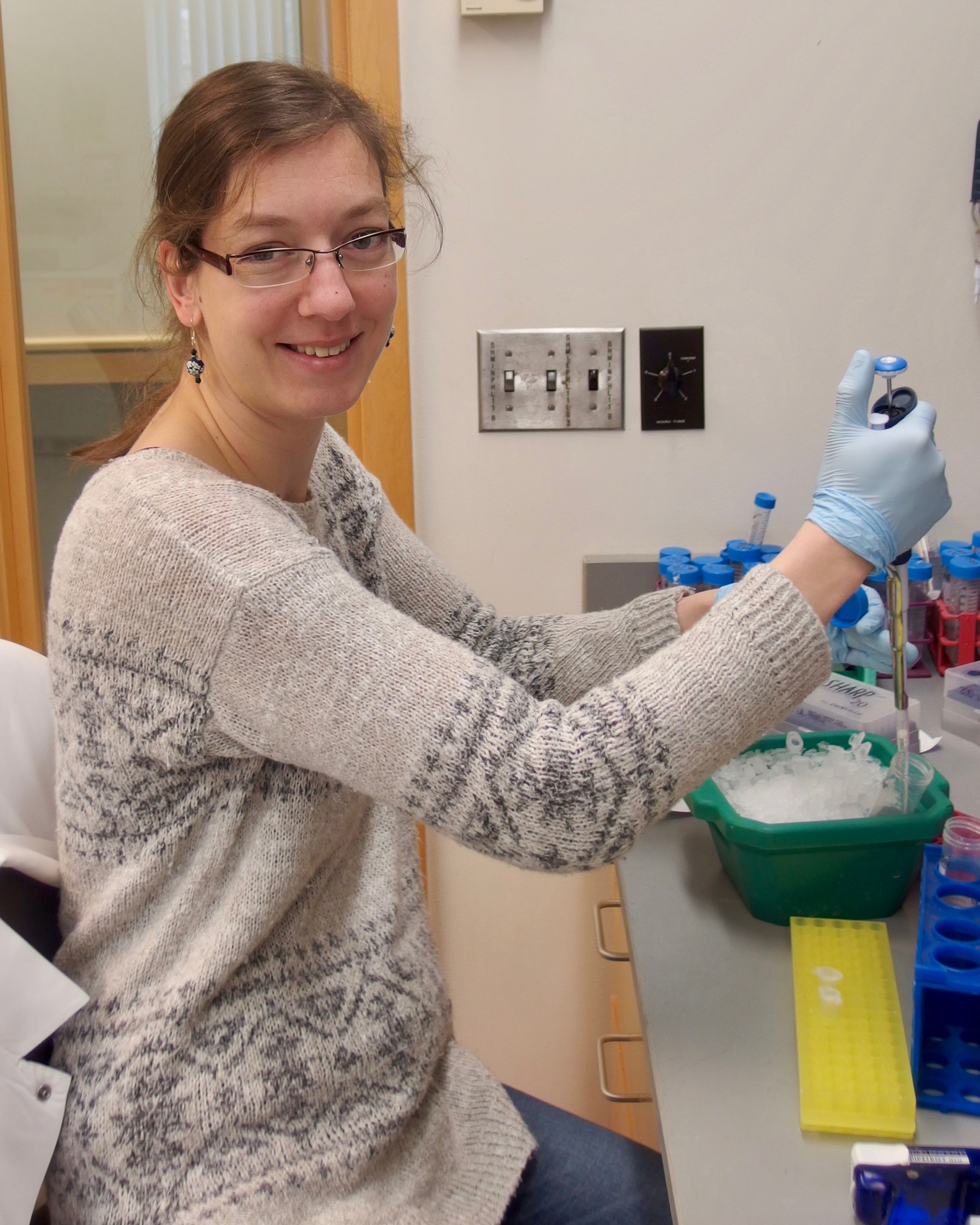
|
Tonnie Van Den Elzen, Ph.D. |
2013 | Postdoc | R&D Senior Scientist, Leica Biosystems |
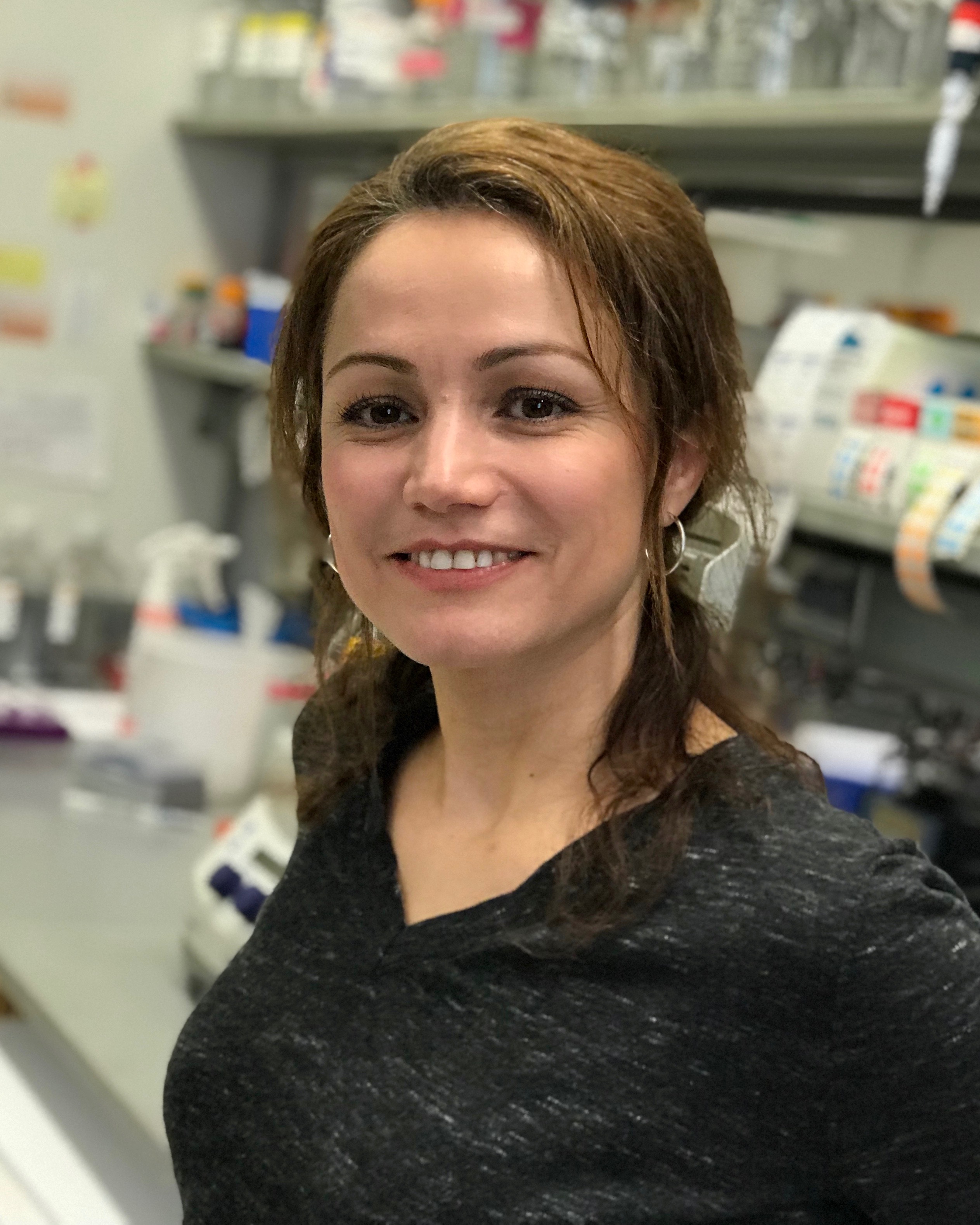
|
Hiba Codore |
2013 | Lab manager | |

|
Jean-Denis Beaudoin, Ph.D. |
2013 | Postdoc | Assistant Professor, UConn Health |

|
Daniel Burkhardt, Ph.D. |
2015 | Ph.D. student | Developer Relations Manager, Multiscale Biology, NVIDIA |
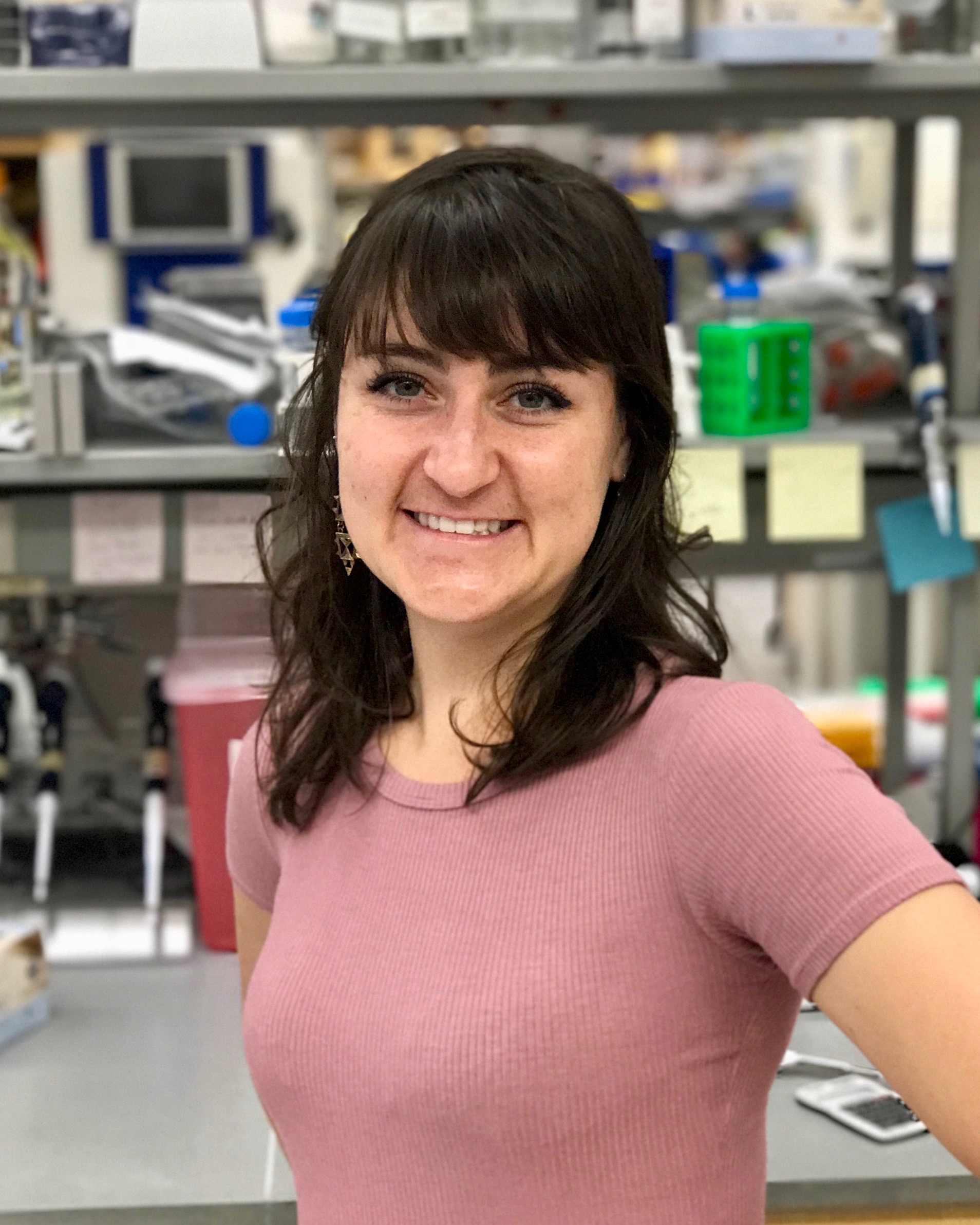
|
Cassandra Kontur, Ph.D. |
2015 | Ph.D. student | Scientist, Waypoint Bio |

|
Shun Hang (Henry) Chan, Ph.D. |
2015 | Ph.D. student | Consultant at Health Advances |

|
Karen Bishop |
2016 | Post-graduate associate | Regulatory Consultant, Kleinschmidt Associates |

|
Mario Abdelmessih, Ph.D. |
2016 | Postdoc | Associate Director and Head of Translational Informatics and Integrative Biology, AstraZeneca |

|
Valerie Tornini, Ph.D. |
2017 | Postdoc | Assistant Professor at the University of California, Los Angeles |
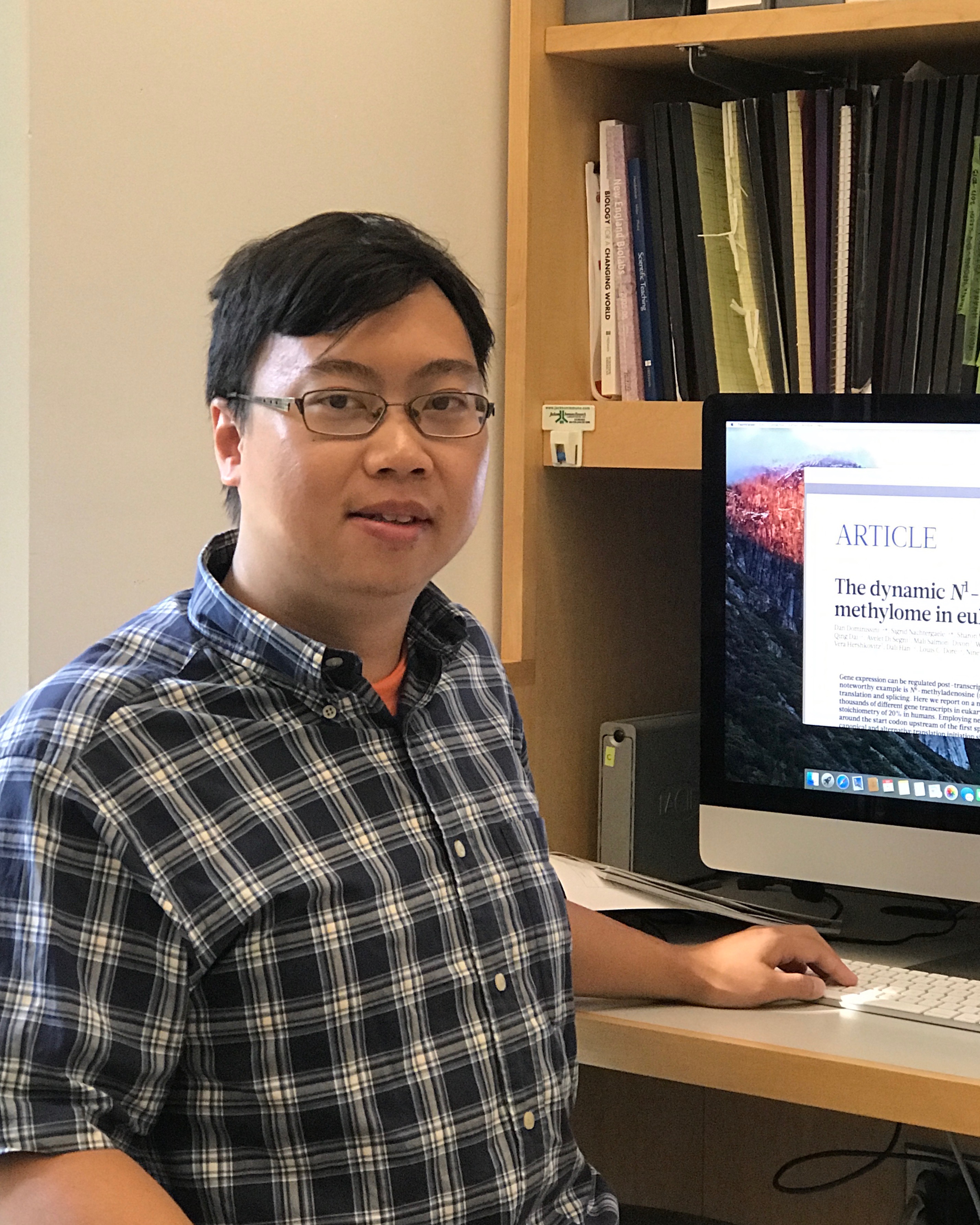
|
Yin Tang, Ph.D. |
2017 | Postdoc | Scientist at CRISPR Therapeutics |
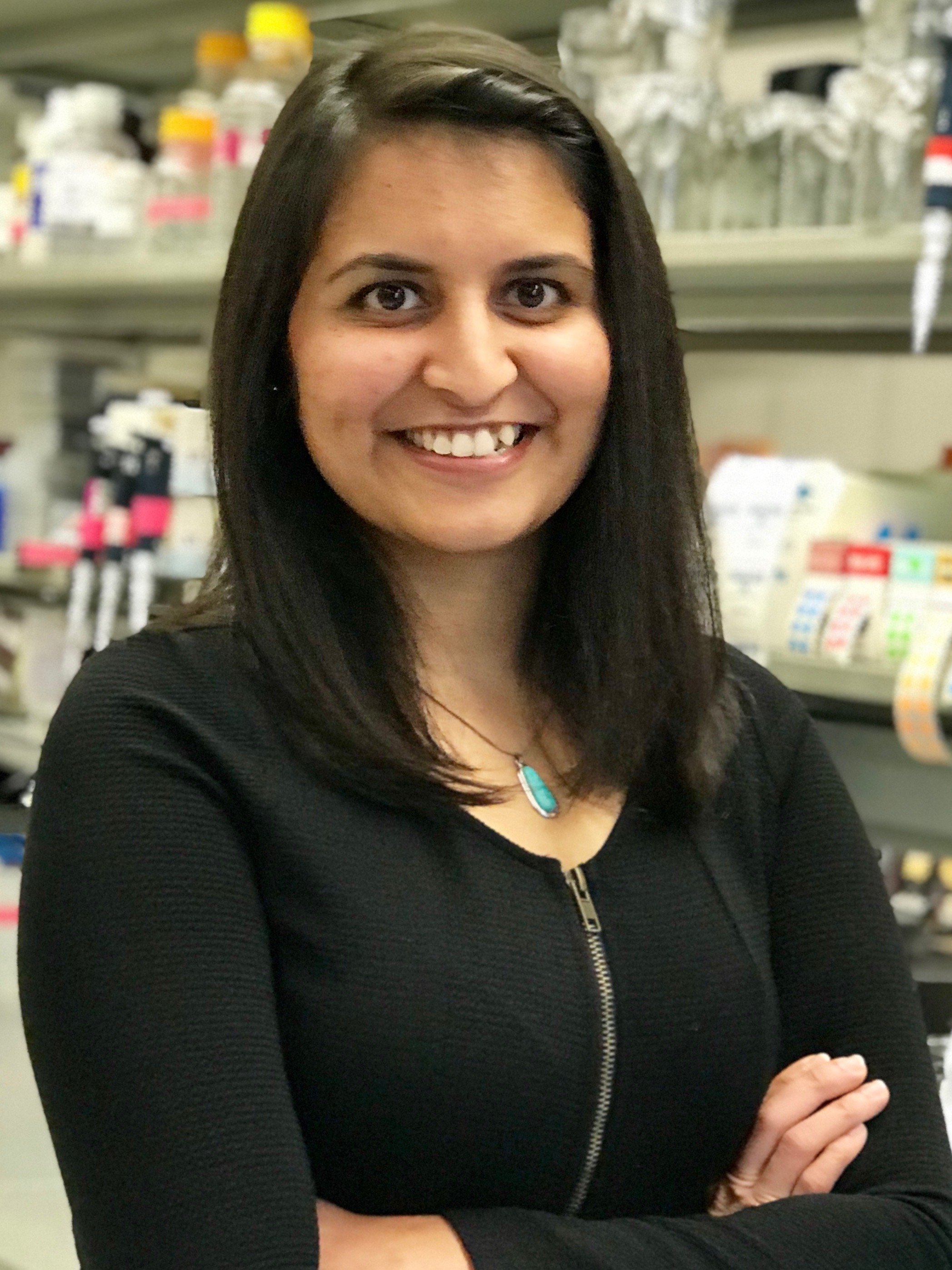
|
Nitya Khatri |
2017 | Post-graduate associate | Embryologist at Pacific Fertility Center |

|
Sarah Dube |
2017 | Post-graduate associate --> Lab manager | |

|
Maria Benitez, Ph.D. |
2018 | Ph.D. student | |
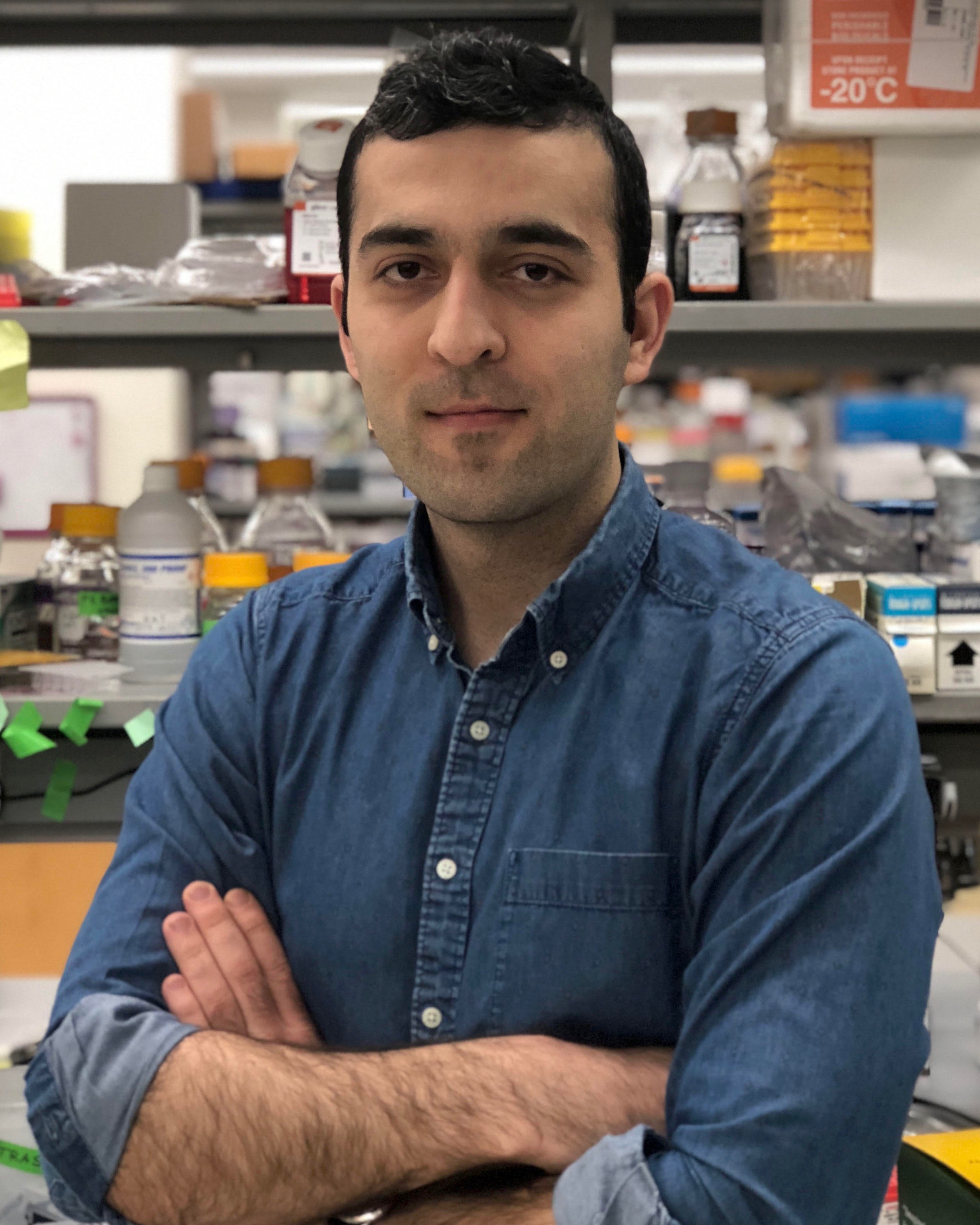
|
Damir Musaev, Ph.D. |
2018 | Ph.D. student | Science Advisor at Goodwin |

|
Kim de Guzman |
2018 | Post-graduate associate | |

|
Mark Pownall, Ph.D. |
2019 | Ph.D. student | Sandler Faculty Fellow, UCSF |
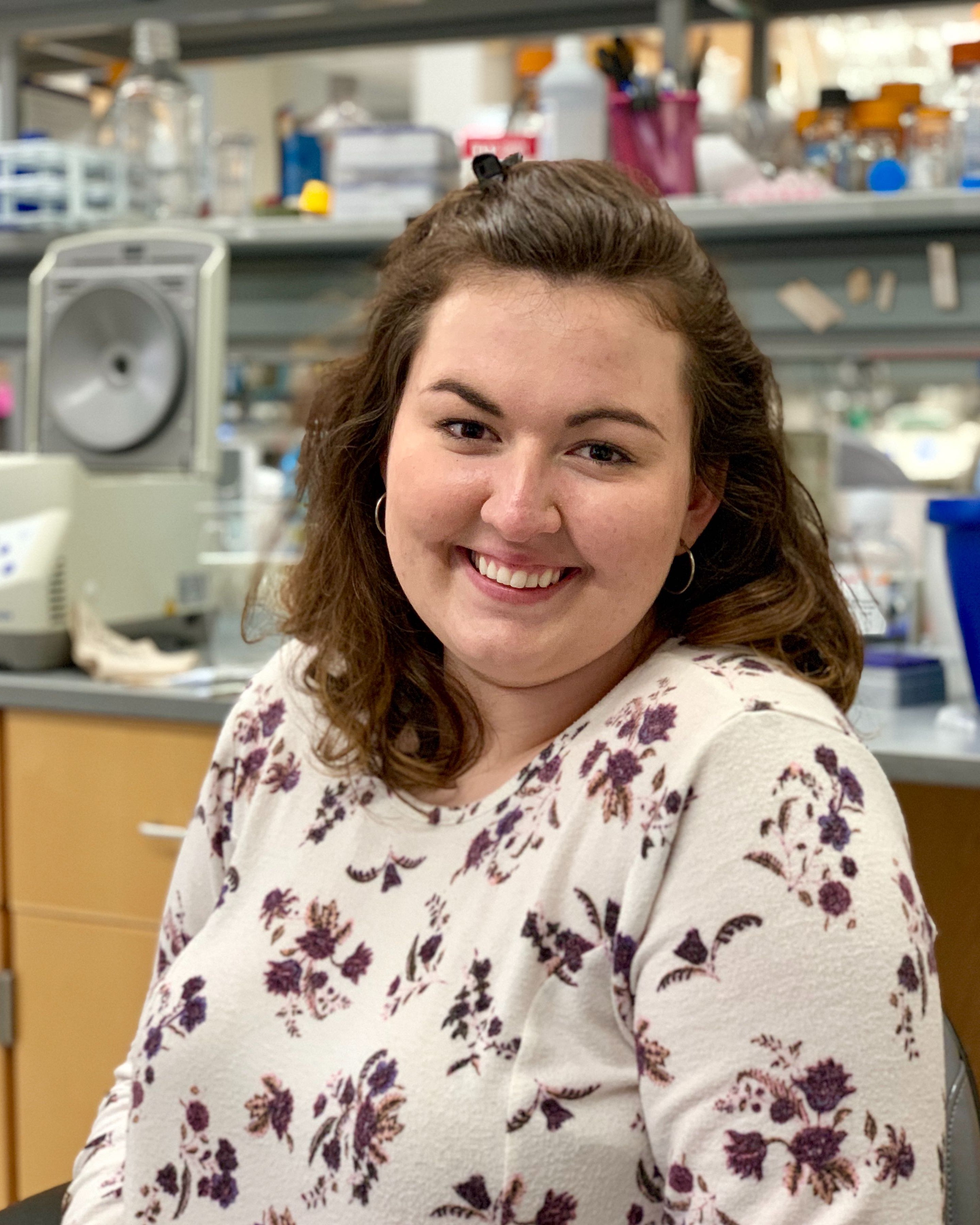
|
Valeria Schmidt |
2019 | Post-graduate associate | Graduate Student, Harvard University |
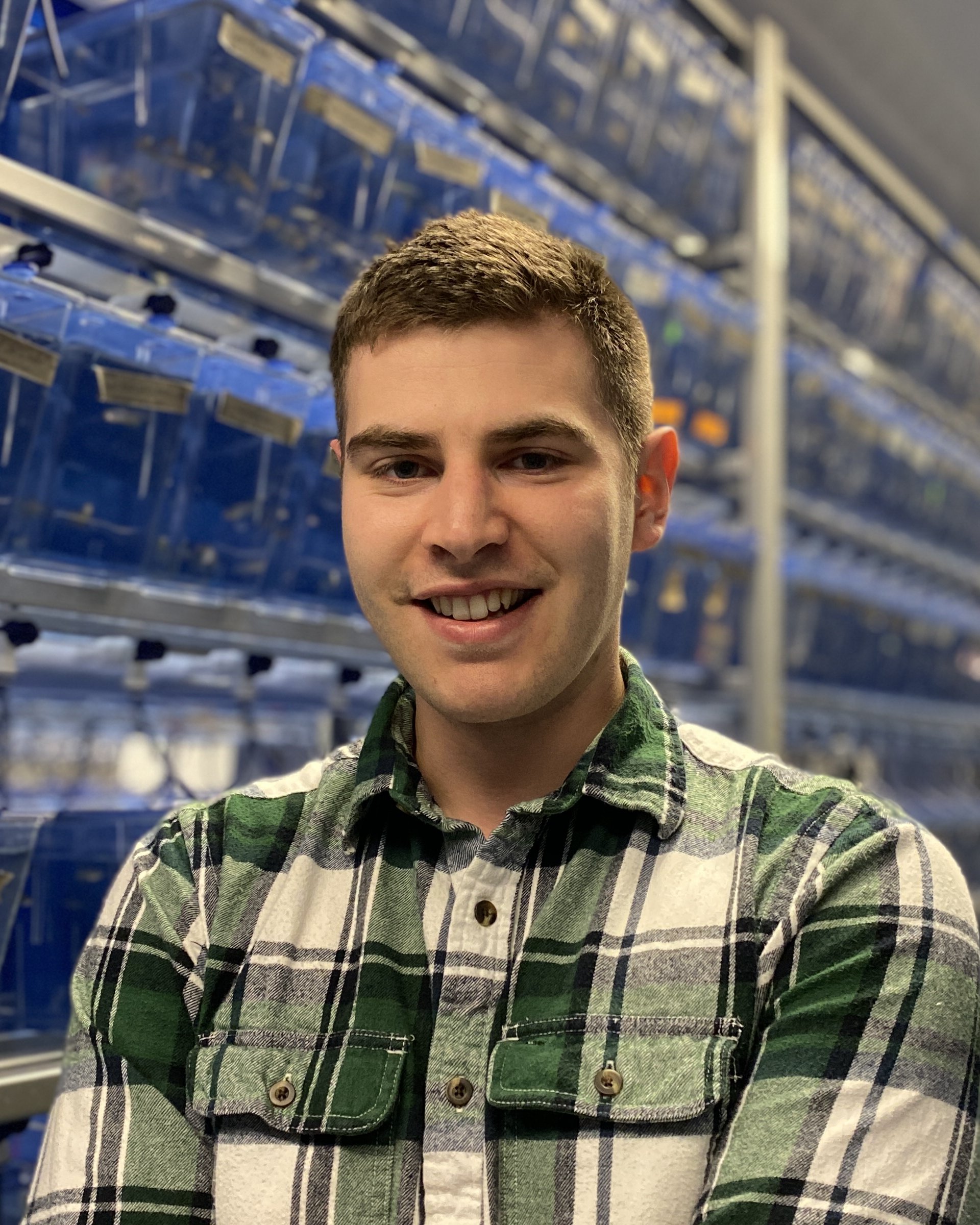
|
Timothy Gerson |
2020 | Research Associate and Lab Manager | Laboratory and Facilites Operation Manager, Bexorg, Inc. |
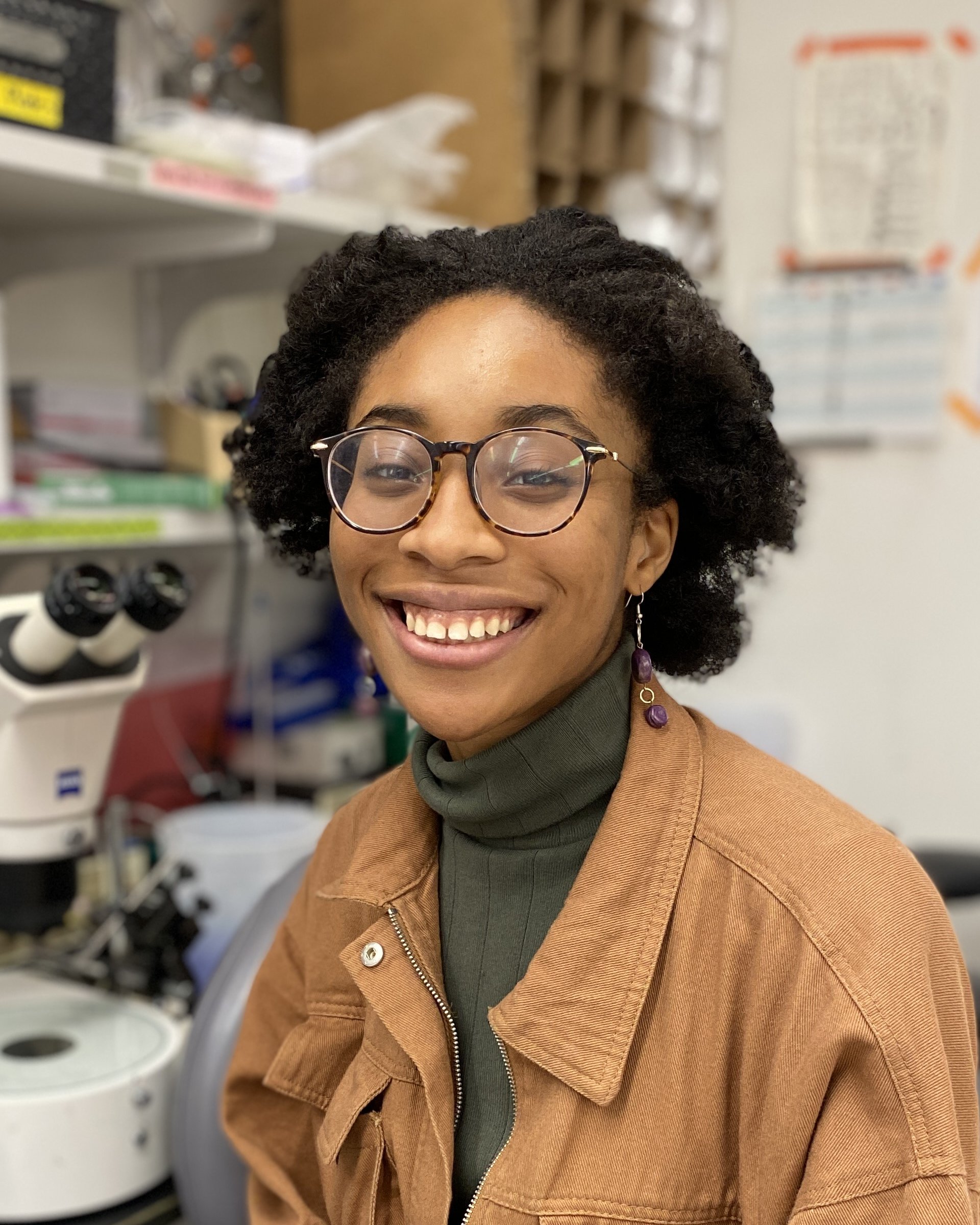
|
Ugonna Nwakudu |
2021 | Undergrad | Medical student, University of Illinois Chicago |

|
Scott Youlten, Ph.D. |
2022 | Postdoc | |

|
Miguel Ángel Delgado Toscano |
2023 | Post-graduate associate | Graduate student, EMBL International PhD Programme |

|
Ella Callahan |
2023 | Post-graduate associate | Technical associate, Massachusetts Institute of Technology |